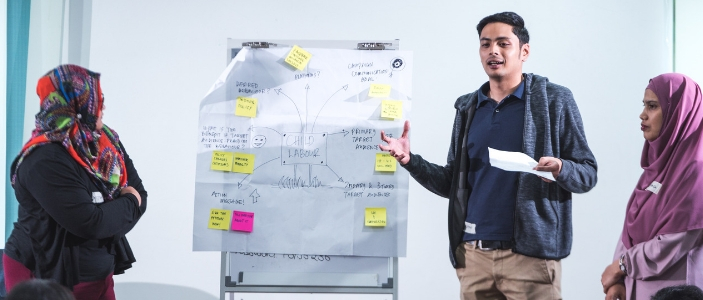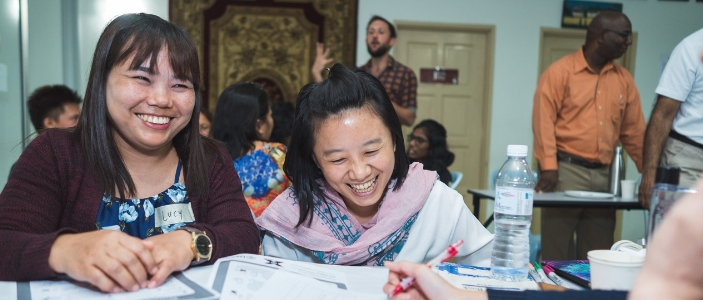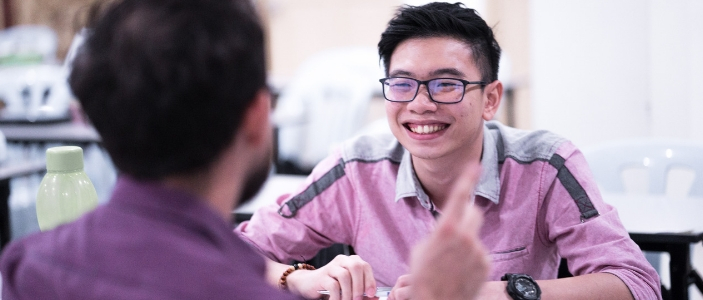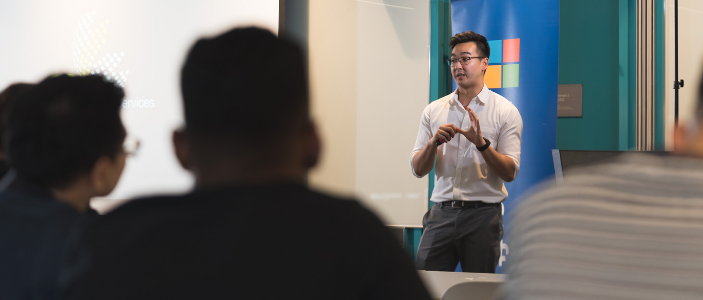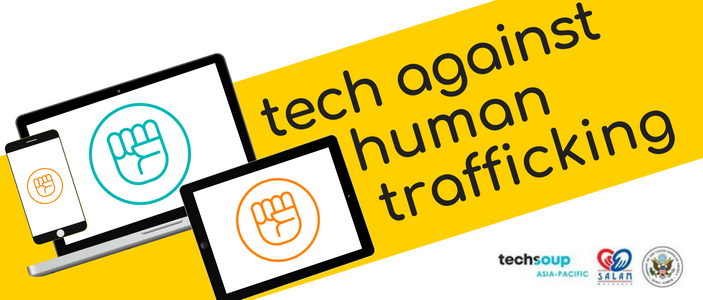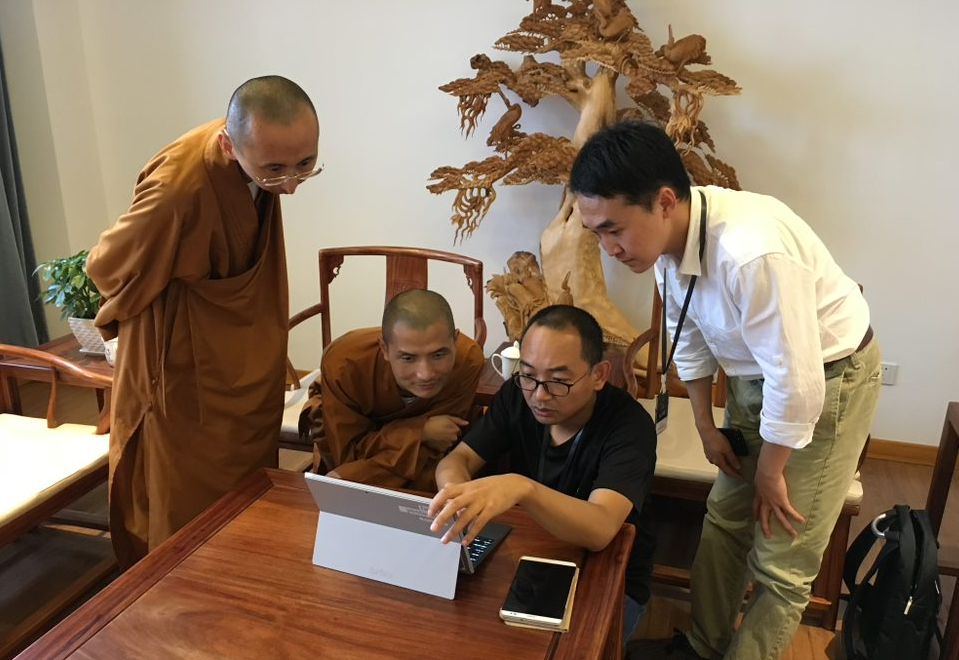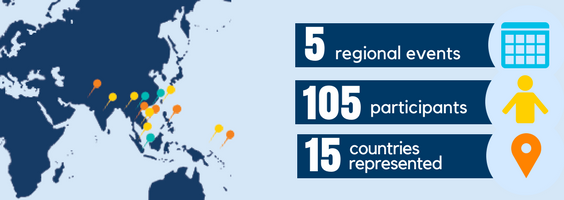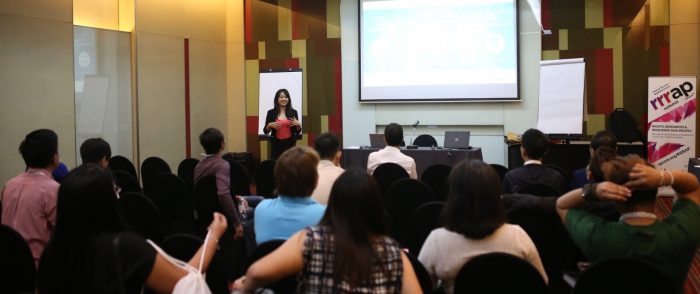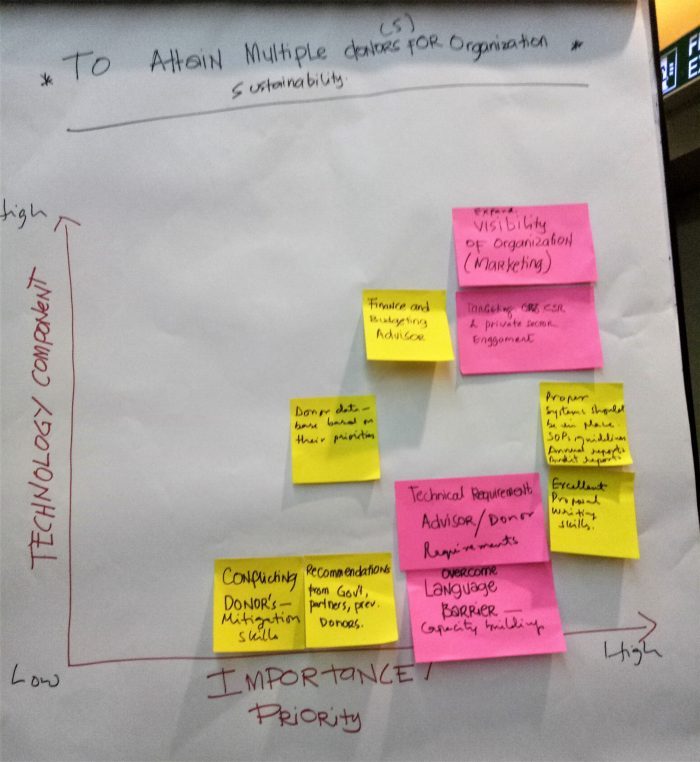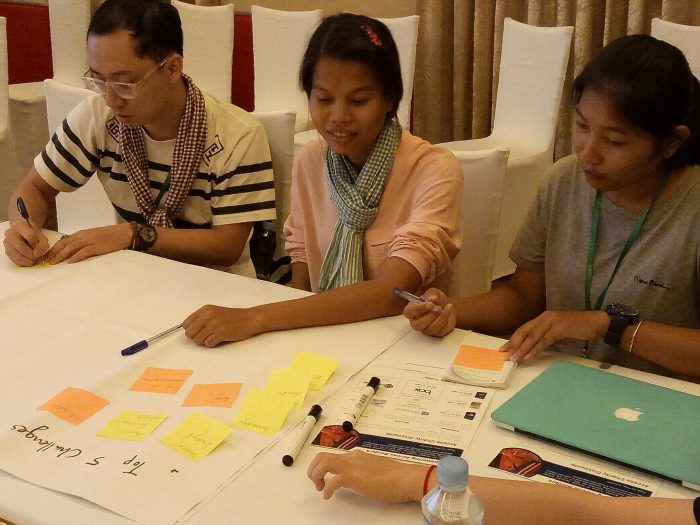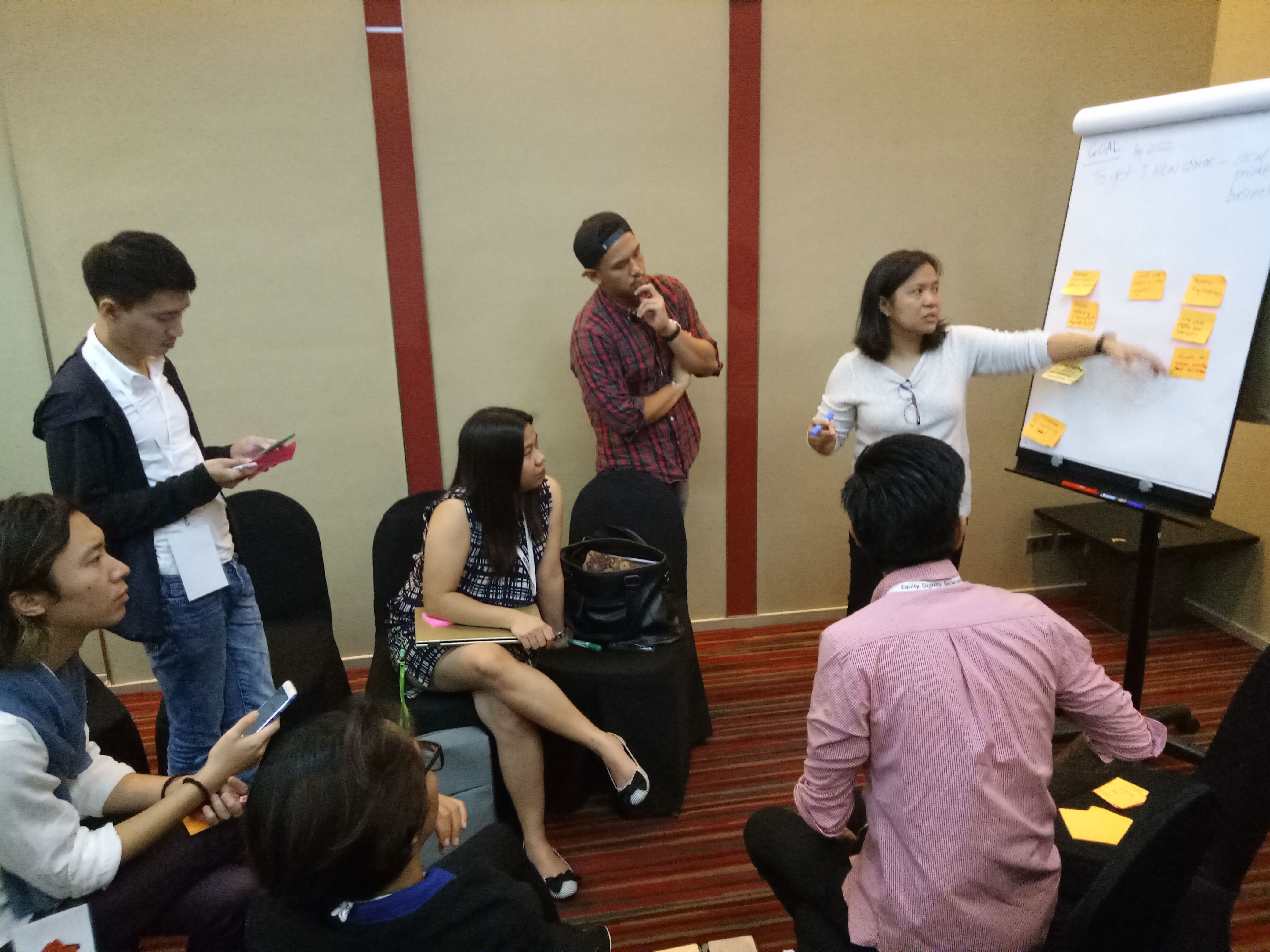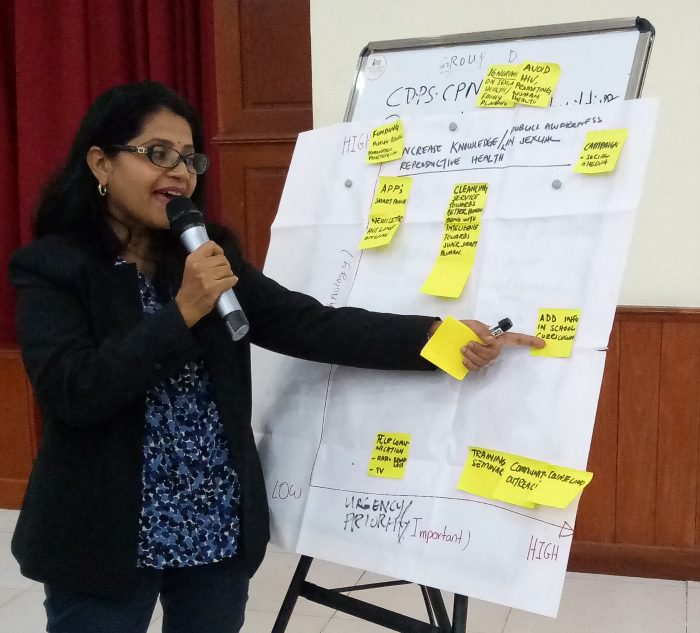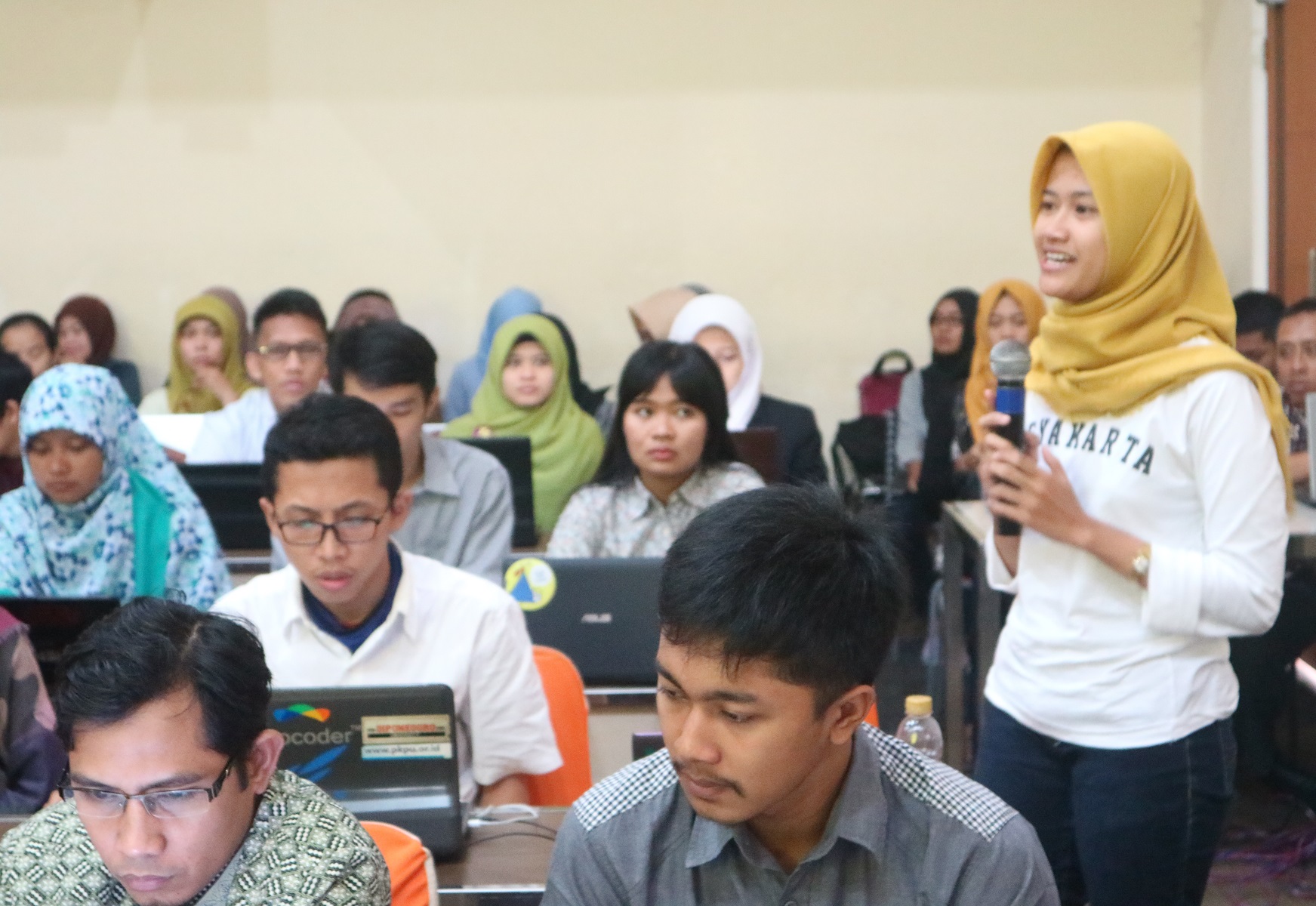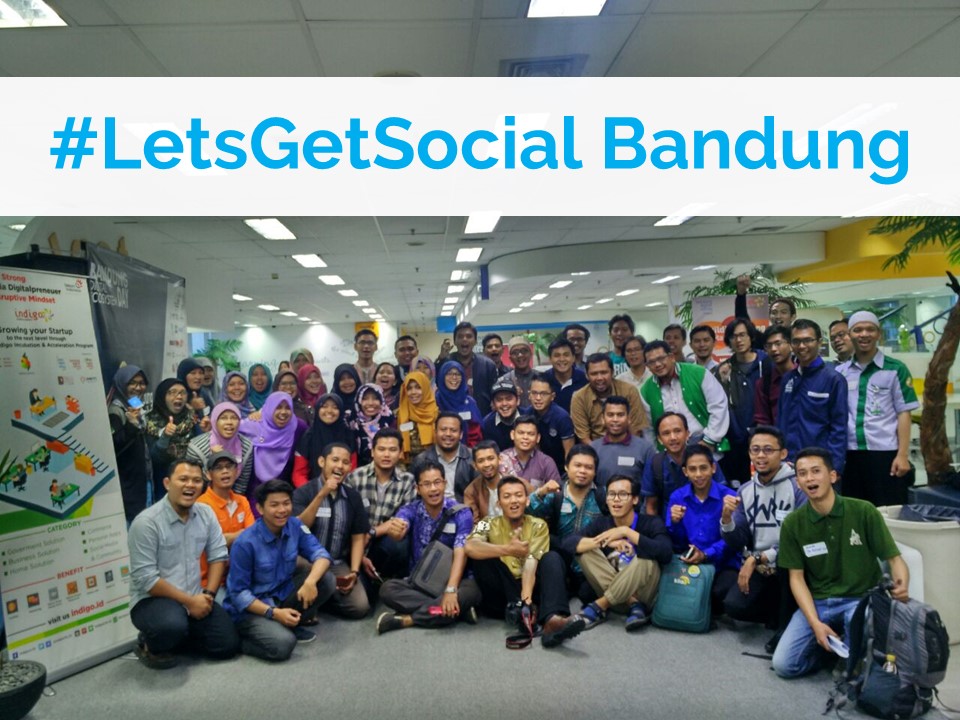TechSoup Asia Pacific in partnership with the U.S. Embassy Kuala Lumpur will host the Young Southeast Asia Leadership Initiative (YSEALI) Regional Workshop on Good Governance and Civil Society in Kuala Lumpur, Malaysia on October 19 – 23, 2020. The workshop aims to build capacity among 100 youth leaders across ASEAN and Timor Leste who are currently involved in, or will work to influence public policies to better serve citizens’ needs through greater openness and transparency.
What is the workshop about?
In this three-day workshop, topics related to good governance and civic engagement such as open data tools, activism and engagement, public policy, role of media, role of civil society will be discussed in an interactive mix of breakout sessions and masterclass. At the end of the workshop, participants will have an opportunity to receive small seed grants to develop and
implement proposed projects related to promoting good governance and accountability in their home countries.
Is this for you?
Please read thoroughly the eligibility to apply:
- YSEALI Member (register at http://yseali.state.gov)
- Ages between 21 – 35 (at the time of application and workshop)
- Citizen of one of the following countries: Brunei, Cambodia, Indonesia, Laos, Malaysia, Myanmar, Philippines, Singapore, Thailand, Timor Leste, Vietnam
- Currently residing in one of the following countries: Brunei, Cambodia, Indonesia, Laos, Malaysia, Myanmar, Philippines, Singapore, Thailand, Timor Leste, Vietnam
- Have at least one year experience of work/volunteer/internship/coursework in issues relating to good governance and civic engagement
- Demonstrate interest in issues relating to good governance
- Passionate and actively creating positive change in their communities
- Fluent in written and spoken English
How can you apply?
Please go to YSEALI Regional Workshop: Good Governance and Civil Society website, click
the Apply button, and complete the form!
The application deadline is Friday, May 15, 2020 at 11.59 PM UTC+8.
All applications submitted after the deadline will not be accepted.
For questions, please contact yseali@techsoup.org


